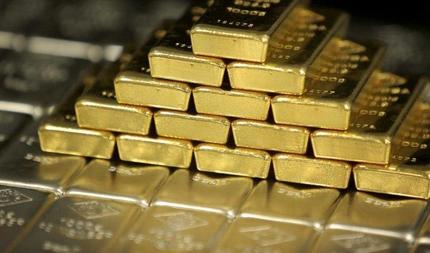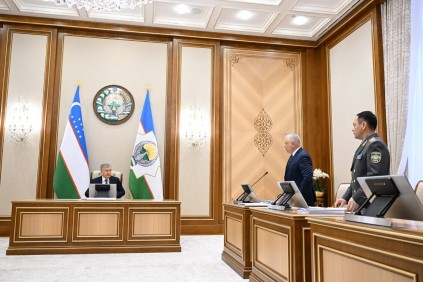As of August 1, Uzbekistan's official reserves stood at $37.4 billion (+2.9%), recording an increase of $1.06 billion in July, the Central Bank said in a report. This is a record figure for the entire period of statistics.
According to the regulator, last month foreign currency reserves decreased by another $781.5 million - from $8.47 billion to $7.69 billion (in June there was a decrease of $796.9 million). Since the beginning of the year (January-July), foreign exchange reserves have decreased by $1.68 billion, including due to the repayment of debt on sovereign Eurobonds for $500 million, which the country issued in 2019.
The physical volume of gold in reserves increased by another 310 thousand troy ounces (9.64 tons, in June there was an increase of 9.3 tons) — to 12.05 million troy ounces (374.8 tons).
The value of gold reserves increased by another $1.84 billion — from $27.32 billion to $29.16 billion. In July, gold quotes increased from $2,325 to $2,445.76 (rose to $2,480) per ounce (+5.2%).
The reserves also contain $35.3 million in US Treasury bonds. Earlier, the regulator reported that it had begun to diversify gold and foreign exchange reserves and began to purchase government bonds of foreign countries.
Despite the growth in reserves, it will be enough to cover 12 months of imports (previously it was 20 months).
It is worth noting that the Central Bank also included in its reserves the assets of the Uzbekistan Fund for Reconstruction and Development (UFRD), which has effectively become part of the state budget. Its volumes are not disclosed. The international rating agency S&P Global Ratings previously reported that it excludes the assets of the FRDU from the Central Bank's reserves, since "the fund's assets are intended primarily for fiscal rather than monetary or payment needs." According to estimates, Uzbekistan's usable foreign exchange reserves will decline until 2027 due to the expected fall in gold prices and the ongoing current account deficit. The Central Bank's monetary gold reserves account for more than 80% of the total volume of gold and foreign exchange reserves. The Central Bank has a priority right to purchase gold mined in Uzbekistan. It buys gold for local currency and then sells dollars on the local market to offset the impact of its intervention on the Uzbek soum.














